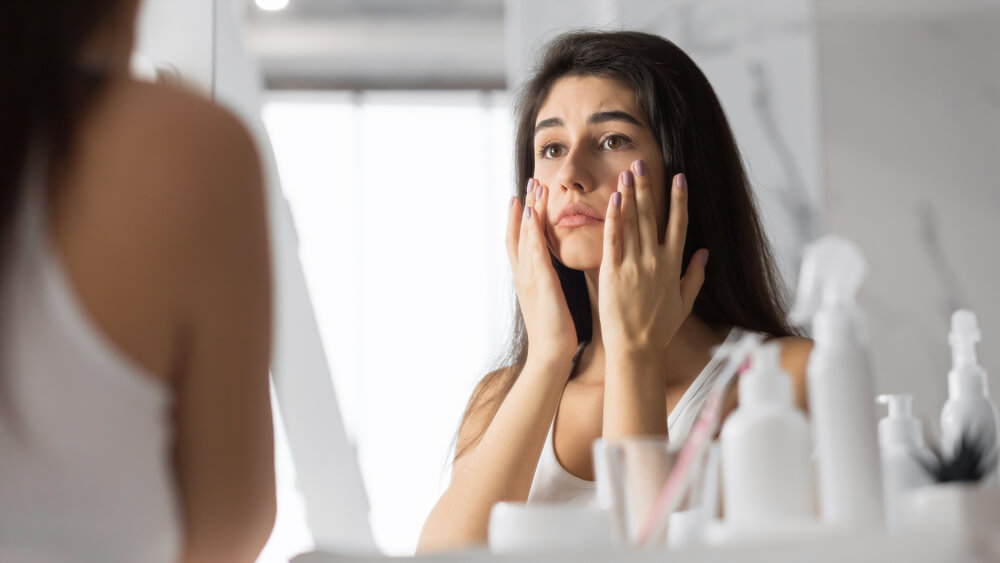Sunscreen Myths Debunked: Truths Every Beautician Should Know
In the world of skincare, misconceptions about sunscreen abound. For beauticians, understanding the truth about these myths is crucial for educating clients and ensuring their skin's health. In this article, we aim to explore the most pervasive myths and provide evidence-based truths to enhance your professional knowledge.

The Importance of Sunscreen: A Beautician's Perspective
As a beautician, you understand that sunscreen is a fundamental component of any skincare routine. Yet, myths surrounding its use can lead to improper application and reduced effectiveness. Before we dive into debunking myths, let's reaffirm why sunscreen is essential.
Sunscreen protects against harmful UV rays that can cause skin cancer, premature aging, and other skin issues. It's the cornerstone of preventive skincare, and educating clients about its importance can foster better skin health practices. For an in-depth look at how sunscreen fits into skincare routines, check out this comprehensive guide.
Common Sunscreen Myths Debunked: Setting the Record Straight
Myth 1: Sunscreen Is Only Necessary on Sunny Days
One of the most widespread myths is that sunscreen is only needed when the sun is shining. However, UV rays can penetrate through clouds and windows, making sunscreen a daily necessity, regardless of the weather. As a beautician, it's important to stress to clients that daily sunscreen application protects against cumulative UV damage.
Myth 2: Higher SPF Means Better Protection
Another common misconception is that a higher SPF offers exponentially greater protection. While SPF 50 does provide more protection than SPF 30, the increase is marginal. The key is to apply sunscreen generously and reapply every two hours, especially after swimming or sweating. Educating clients on the importance of reapplication can be a game-changer in their skincare routine.
Myth 3: Darker Skin Tones Don't Need Sunscreen
Many believe that those with darker skin tones do not need sunscreen. This myth can be particularly damaging, as people with darker skin can still suffer from sun damage and skin cancer. Beauticians should emphasize that everyone, regardless of skin tone, benefits from sunscreen.
For more insights into how to choose the right products for varying skin tones, explore this guide on selecting the right moisturizer.
Sunscreen and Skincare: Integrating into Daily Routines
Incorporating sunscreen into daily skincare routines is crucial for long-term skin health. As beauticians, recommending a simple yet effective routine can help clients maintain consistent sunscreen use.
For a simplified skincare routine that includes sunscreen, you can refer to this Vogue article.
Choosing the Right Sunscreen
When advising clients, it's essential to recommend sunscreens that suit their skin type and lifestyle. For instance, those with oily skin might prefer a mattifying sunscreen, while individuals with dry skin may benefit from a more hydrating formula. Suggesting products that align with their skin needs can improve their sunscreen adherence.
For additional tips on selecting the best skincare products, visit this resource.

FAQs About Sunscreen Myths
1. Can makeup with SPF replace regular sunscreen?
While makeup with SPF offers some protection, it usually isn't applied in sufficient quantities to replace regular sunscreen. Encourage clients to use a dedicated sunscreen as the base layer of their skincare routine.
2. Is sunscreen necessary indoors?
Yes, UV rays can penetrate windows, making indoor sunscreen application beneficial. Educate clients on the importance of protection even when inside.
3. Do I need sunscreen if my moisturizer contains SPF?
Moisturizers with SPF can provide some protection, but for full coverage, a separate broad-spectrum sunscreen is recommended. Layering products can ensure adequate UV defense.
For further reading on maintaining a healthy skin barrier, consider this insightful article.
By debunking these myths and providing accurate information, beauticians can play a pivotal role in promoting skin health. Remember, sunscreen is not just a summertime essential but a year-round protector that every client should embrace.
This article contains affiliate links. We may earn a commission at no extra cost to you.

